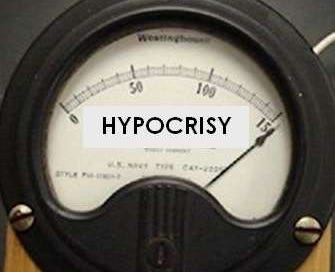In Praise of Tax Collectors and Prostitutes
Reflecting on the Twentieth Sunday after Pentecost: Three Days after Sunday (Year C)
Scripture (semicontinuous)
Psalter: Psalm 87
Old Testament: Joel 3:17-20
Gospel: Matthew 21:28-32
Scripture (complementary)
Psalter: Psalm 84:8-12
Old Testament: Daniel 5:13-31
Gospel: Matthew 21:28-32
___
Prayer
God of mercy and healing, you who hear the cries of those in need, receive our petitions that all who are troubled may know peace, comfort, and courage.…
Keep reading with a 7-day free trial
Subscribe to Faith Seeking Understanding to keep reading this post and get 7 days of free access to the full post archives.




